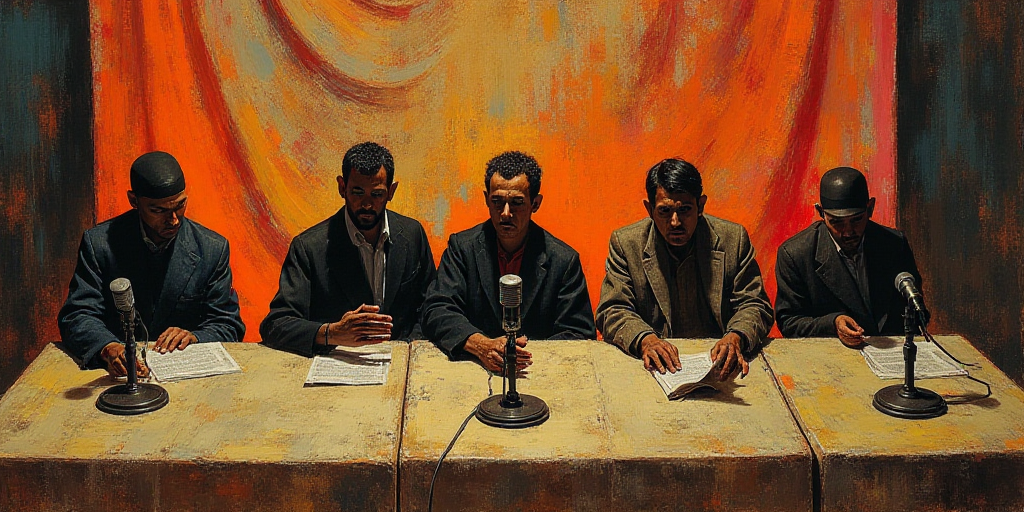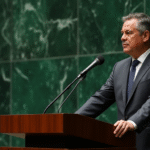Background and Context
In the First National Encounter of Labor Commissions of Local Congresses, federal and local legislators emphasized the urgency of reducing the workweek to 40 hours, citing existing proposals, presidential commitment, and worker demands as reasons to avoid further postponement.
Key Figures and Their Roles
Patricia Mercado (MC), a federal legislator, highlighted the need to begin the transition to a 40-hour workweek immediately. She mentioned existing proposals, a previous legislature’s draft, studies, and the president’s commitment as evidence of readiness for this change.
Óscar Ortiz Arvayo, president of the Labor Affairs Commission in Sonora’s Congress, stressed that reducing the workweek to 40 hours is an imperative and urgent change.
Maiella Gómez Maldonado, president of the Labor and Prevision Social Commission in the Chamber of Deputies, explained that they are conducting a national listening process as part of the Road to 40 Hours. They aim to be prepared for the president’s proposed reform.
Current Status and Next Steps
According to El Economista’s Labor Monitor, 13 proposals have been submitted in the Chamber of Deputies to reduce the workweek, with most advocating for a decrease to 40 hours via constitutional amendment.
Gómez Maldonado confirmed that the Chamber of Deputies awaits the president’s proposed reform. Once received, they will start working on the draft to present it to the Labor Commission and eventually to the plenary session.
Key Questions and Answers
- What is the main topic of discussion? The reduction of the workweek to 40 hours.
- Who are the key figures involved? Patricia Mercado (MC), Óscar Ortiz Arvayo, and Maiella Gómez Maldonado.
- What is the current status of proposed reforms? Thirteen proposals have been submitted in the Chamber of Deputies, with most advocating for a 40-hour workweek through constitutional amendment.
- When can we expect the president’s proposed reform? The Chamber of Deputies is awaiting the proposal from President Claudia Sheinbaum.
- What will happen once the reform proposal is received? The Chamber of Deputies will start working on the draft to present it to the Labor Commission and eventually to the plenary session.






